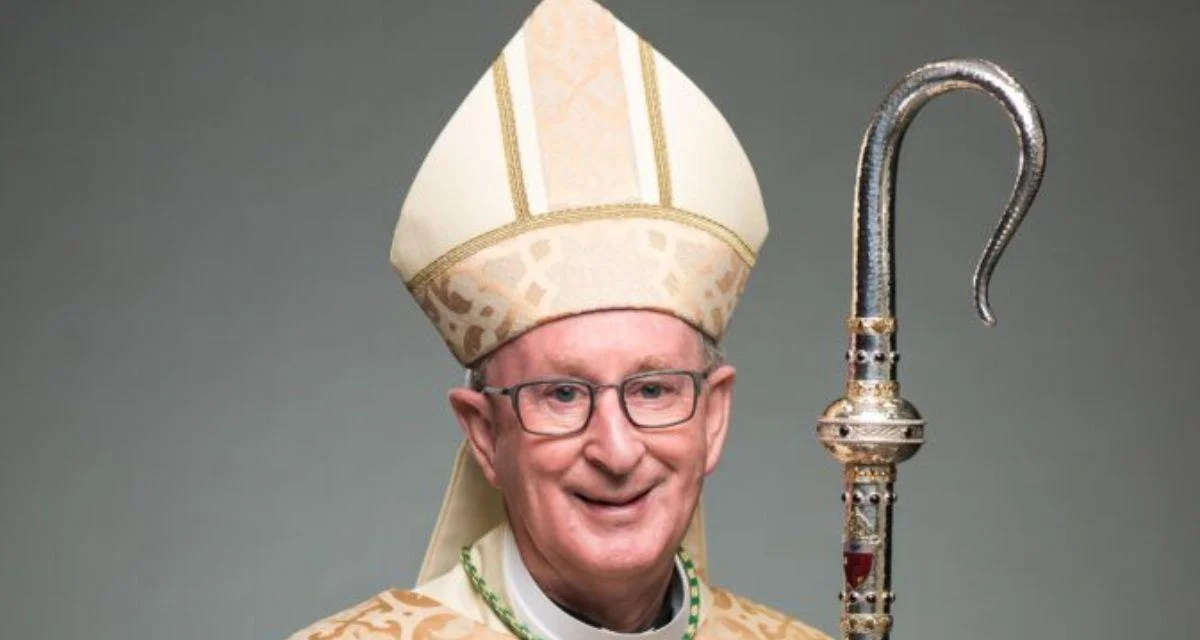
Reverend Joseph E. Kurtz, D.D. Bishop | Archdiocese of Louisville
Pope Francis has determined that the topic of ordaining women as deacons will not be part of the discussions at the 2024 Synod of Bishops. Cardinal Víctor Manuel Fernández, head of the Vatican's Dicastery for the Doctrine of the Faith, confirmed this directive during an address to the synod on October 21. He stated, "We know that the Holy Father has expressed that at this time the issue of the female diaconate is not mature and has asked that we not entertain this possibility for now."
Despite this decision, a commission established in 2020 by Pope Francis to study women deacons will continue its work. Cardinal Fernández noted that its findings would be released when deemed appropriate.
The pope remains attentive to women's roles within the church and tasked Cardinal Fernández's dicastery with exploring possible developments in these roles without focusing on ordination. The cardinal emphasized agreement with Pope Francis, stating that considering a diaconate for some women does not address broader concerns about women's participation in various church activities.
Cardinal Fernández also apologized for missing an October 18 meeting intended to discuss his group's work on women's ministry. Although he had informed attendees on October 9 that two staff members from his office would represent him, their absence caused disappointment among synod participants. These representatives were neither part of nor prepared to engage in dialogue about the study group’s work.
This meeting was one among several organized following reports presented by leaders of ten study groups formed after a previous assembly focused on synodality in 2023. These groups aim to examine complex issues such as women's ministry and decision-making roles within the church. In a letter earlier this year, Pope Francis encouraged these groups to operate with broad participation and dialogue and requested preliminary reports by 2024 with final submissions due in June 2025.
Cardinal Fernández pointed out existing opportunities where women could play leadership roles within Catholic communities but highlighted underutilization across dioceses globally. He remarked, "These couple of examples help us understand that rushing to ask for the ordination of deaconesses is not the most important way to promote women today." He expressed optimism about progressing towards significant roles for women within church leadership structures.
"What really is coming from the Holy Spirit cannot be stopped," he concluded.


 Alerts Sign-up
Alerts Sign-up